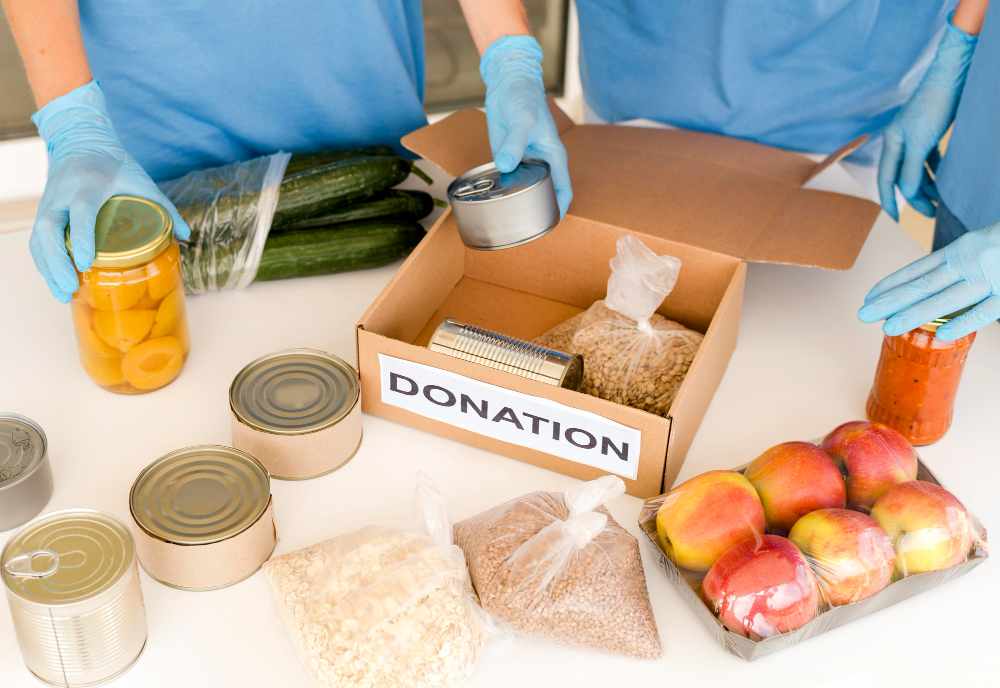Malaysia, a nation known for its culinary richness, paradoxically grapples with the issue of food insecurity. In this context, food banks have emerged as beacons of hope, providing sustenance and support to those in need. But what is a Malaysian food bank and the true value of these organizations? Let’s delve into the multifaceted usefulness of Malaysian food banks.
A Lifeline for the Vulnerable
At the core of a food bank’s mission lies the provision of essential nourishment. By collecting and distributing surplus food, these organizations create a vital lifeline for individuals and families facing food insecurity. This includes the impoverished, elderly, unemployed, and those affected by natural disasters or economic downturns. Access to nutritious food is not merely about sustenance; it’s about dignity and well-being.
Combating Hunger and Malnutrition
Hunger and malnutrition are pressing issues with far-reaching consequences. Food banks play a crucial role in combating these problems by providing regular access to balanced meals. This helps to prevent malnutrition-related diseases, improve overall health, and enhance cognitive development, particularly among children. By addressing these underlying issues, food banks contribute to building healthier and more resilient communities.
Economic Impact
Beyond the immediate benefits to individuals, food banks also have a positive impact on the economy. By reducing food waste, they contribute to resource conservation and environmental sustainability. Additionally, food banks often create employment opportunities through their operations, supporting local economies. Furthermore, by alleviating hunger, food banks help to reduce healthcare costs associated with malnutrition-related illnesses.
Community Building and Support
Food banks serve as hubs for community engagement and support. They bring together people from diverse backgrounds, fostering a sense of solidarity and shared responsibility. Volunteers who contribute their time and energy to food banks often develop a strong sense of purpose and connection to their community. Moreover, food banks can be instrumental in identifying other social needs within a community, such as access to healthcare, education, or housing.
A Safety Net in Times of Crisis
In the face of unexpected crises, such as natural disasters or economic recessions, food banks become even more critical. They provide a safety net for those who have lost their livelihoods or homes, offering essential support during difficult times. By ensuring that people have access to food, food banks help to stabilize communities and prevent further hardship.
FAQs About the Usefulness of Malaysian Food Banks
- How do Malaysian food banks help reduce food waste? Malaysian food banks work closely with supermarkets, restaurants, and food manufacturers to collect surplus food that would otherwise be discarded. By rescuing this food and distributing it to those in need, they significantly reduce food waste and contribute to a more sustainable food system.
- What is the impact of food banks on children’s health and development? Food banks play a vital role in ensuring children have access to nutritious food, which is essential for their growth and development. Adequate nutrition supports cognitive function, physical health, and overall well-being, helping children reach their full potential.
- How do food banks contribute to the economy? By reducing food waste and creating employment opportunities, food banks have a positive impact on the economy. Additionally, by addressing hunger and malnutrition, they help to reduce healthcare costs associated with related illnesses.
- How can I get involved in supporting a Malaysian food bank? There are many ways to support a Malaysian food bank. You can donate food or money, volunteer your time, or raise awareness about the issue of food insecurity. Many food banks also organize fundraising events and food drives.
- How do food banks help build stronger communities? Food banks bring together people from different backgrounds to work towards a common goal. This fosters a sense of community and shared responsibility. Additionally, food banks can identify other social needs within a community and connect people with the resources they need.
By understanding the multifaceted benefits of Malaysian food banks, we can appreciate their invaluable role in addressing hunger, promoting community well-being, and building a more resilient society.
